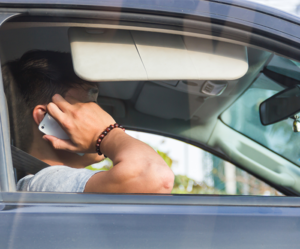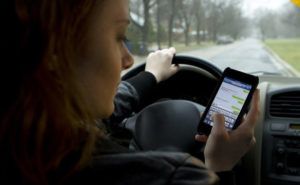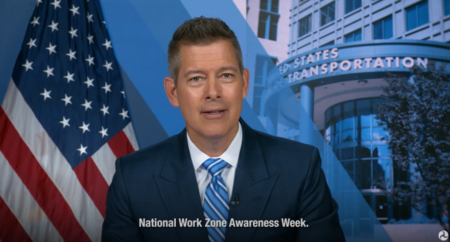The UK’s Transport Research Laboratory (TRL) has told the Parliamentary Transport Committee that hands-free mobile phone use while driving is just as dangerous as driving under the influence of alcohol.
Despite a reduction in the number of fatal road collisions during the years 2007-2012, figures have plateaued, with no reduction in the past five years. As part of its wider inquiry into road safety, the Transport Committee has been taking evidence on road safety and mobile phones. It held its most recent evidence session to assess if the laws on using a mobile phone while driving are fit for purpose. The Committee considered:
- Use of mobile phones by drivers and the risks this poses;
- The adequacy of legislation relating to mobile phone use by motorists;
- How enforcement and education around mobile phone use can be improved.
 Following changes to legislation in 2017 there was an initial trend in fewer people offending and using cell phones while driving. Unfortunately, bad habits in mobile phone use have begun to creep up. Using social media, taking photos and video’s while driving is a hugely concerning issue in younger drivers; many of which have never lived in a world without smart phones. The TRL’s chief scientist, Dr Shaun Helman, spoke to the Transport Committee about the risks of drivers using a mobile phone and presented crucial findings around the latest research. Helman explained to the Committee that:
Following changes to legislation in 2017 there was an initial trend in fewer people offending and using cell phones while driving. Unfortunately, bad habits in mobile phone use have begun to creep up. Using social media, taking photos and video’s while driving is a hugely concerning issue in younger drivers; many of which have never lived in a world without smart phones. The TRL’s chief scientist, Dr Shaun Helman, spoke to the Transport Committee about the risks of drivers using a mobile phone and presented crucial findings around the latest research. Helman explained to the Committee that:
- Evidence shows that there is no difference in the extent of distraction when comparing hand-held phone use and hands-free phone use due to the cognitive distraction placed on the driver;
- Using a mobile phone while driving, either hands free or hand-held, is the same as being just above the legal limit of alcohol in terms of distraction;
- It is vital for current legislation to be updated to reflect advances in mobile phones and in-car technology.
Helman also noted that, “Changing legislation is not a complete solution; there is a need for better data, in-depth crash investigation work, and a robust approach to enforcement and education to increase public perception of the true dangers associated with mobile phone use.”
Discussing phone usage trends, Helman said, “A whole generation of people are just starting to drive who have not known life without smartphones. We are sitting here talking about phones distracting people from driving. What they are interested in is the fact that driving is distracting them from using their smartphone. That is what we are dealing with, and the issue will only amplify over the next five to 10 years. Automated vehicles are not going to save us, because they will not be here in time.”
Evidence was also given by Dr Gemma Briggs, senior lecturer in psychology at the Open University, and Nick Lyes, head of roads policy at the RAC.





